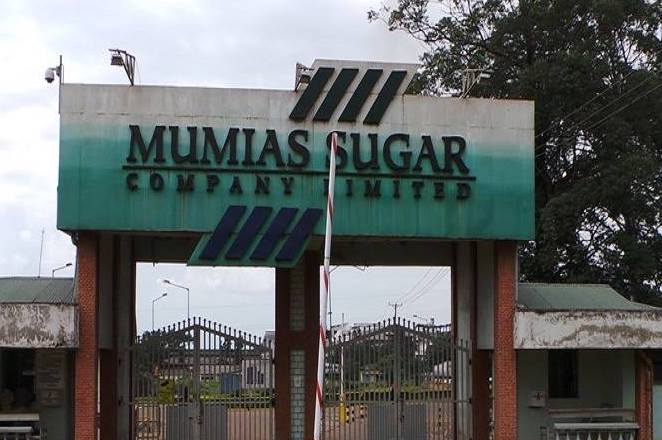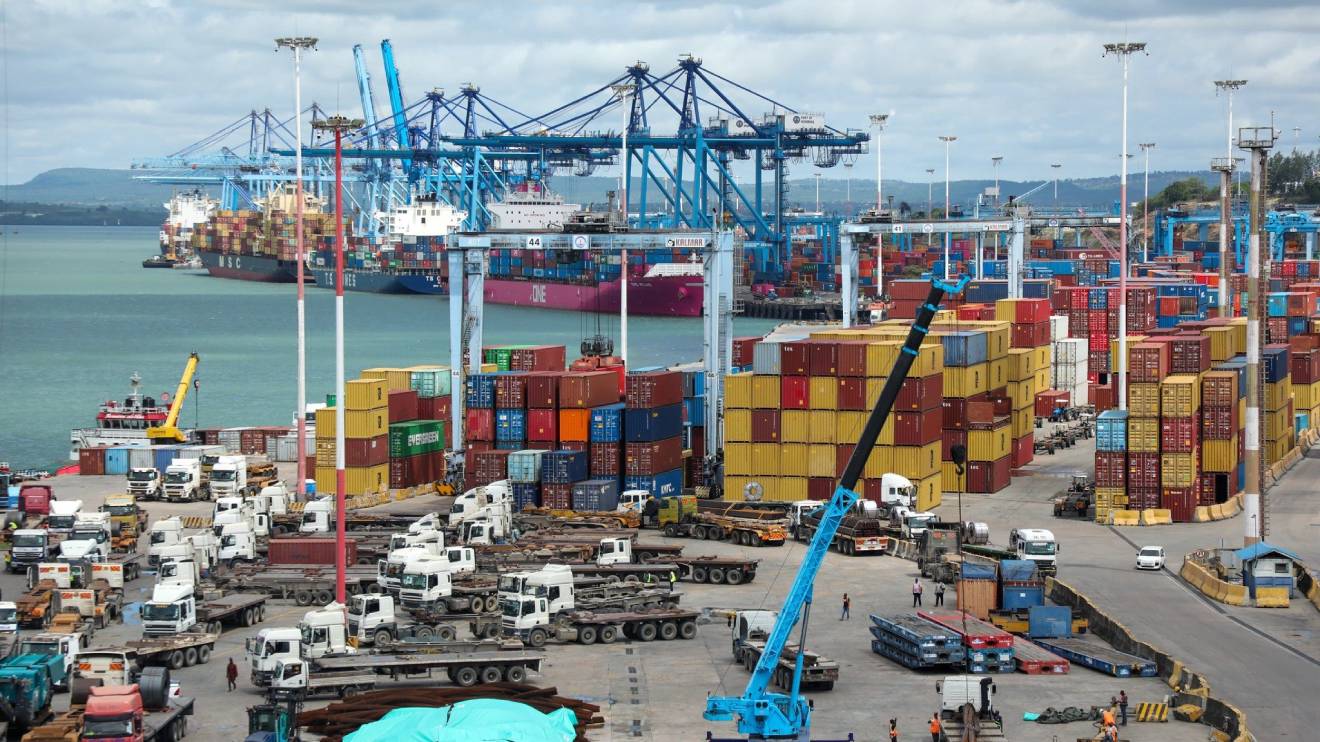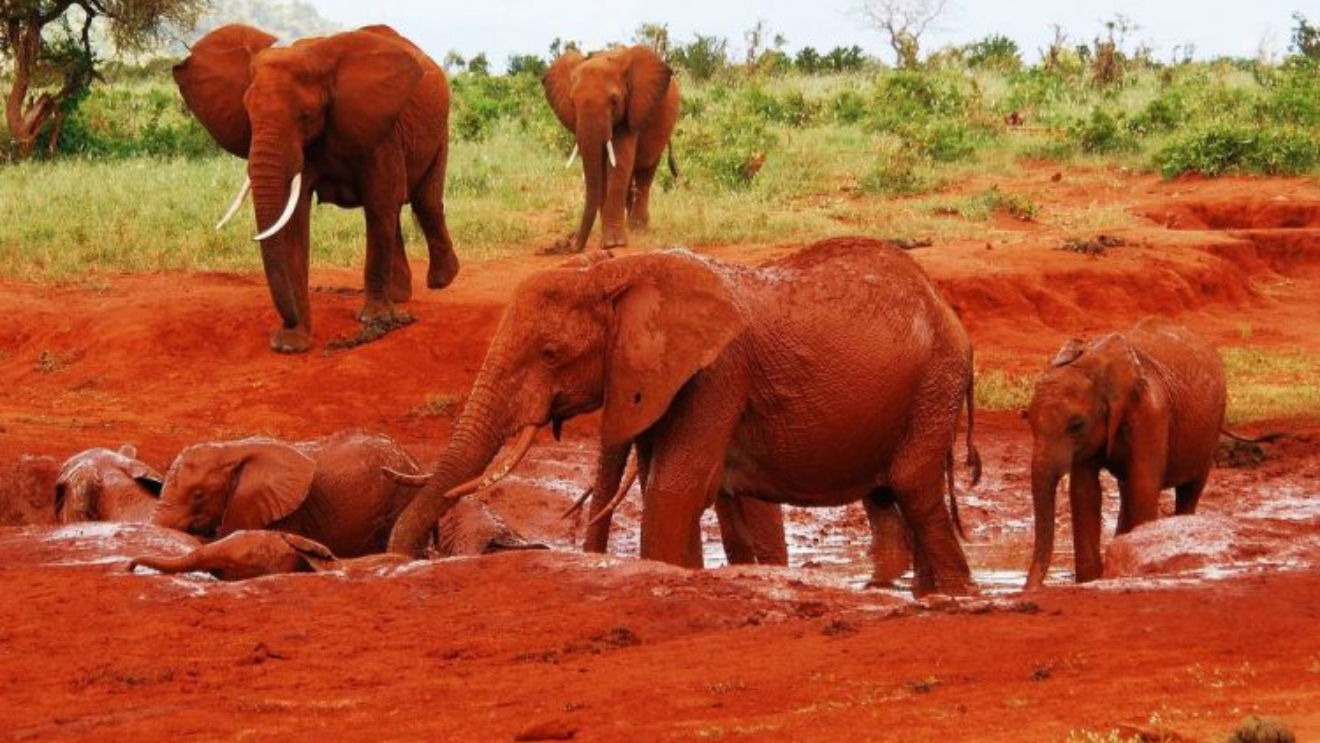A potential public health crisis has ignited a legal battle in Kenya, raising concerns about the safety of baby powder sold in the country.
The African Centre for Corrective & Preventive Action (ACCPA), a consumer rights group, has filed a petition in the High Court against the Kenyan Bureau of Standards (KEBS) and Johnson & Johnson (J&J), alleging the presence of asbestos-contaminated baby powder in the Kenyan market.
The ACCPA's petition stems from a 2019 recall in the United States, where traces of asbestos were discovered in a single batch of J&J baby powder.
While KEBS acknowledges the US recall and assures the public that the contaminated batch never entered Kenya, the ACCPA remains sceptical.
They cite reports of similar recalls in other countries, including India and the European Union, and express concern that untested baby powder could pose a health risk to Kenyan consumers.
Read More
KEBS, the regulatory body responsible for product safety in Kenya, maintains that robust measures are in place to prevent the importation of contaminated products.
They highlight the Pre-Export Verification of Conformity (PVoC) program, which mandates asbestos testing for all baby powder imports.
However, the ACCPA argues that these measures are insufficient, particularly in light of the potential for product diversion through unofficial channels.
Adding complexity to the case, J&J has denied any current operations in Kenya and requested to be removed from the legal proceedings.
Furthermore, they question the ACCPA's legal standing and urge the court to dismiss the petition. This raises further concerns about accountability and corporate responsibility in ensuring the safety of consumer products.
The High Court case is expected to be heard on March 27, 2024.
The outcome of this legal battle holds significant implications for consumer safety in Kenya.
If the ACCPA's claims are substantiated, it could lead to stricter regulations on baby powder imports and potentially wider product recalls.
Additionally, the court's decision could set a precedent regarding corporate accountability and transparency in matters of public health.
This case transcends individual consumer concerns. It highlights the importance of robust regulatory frameworks, vigilant consumer advocacy, and transparent corporate practices in safeguarding public health.
As the court date approaches, Kenyans await the verdict with a keen eye on the future of baby powder safety in their country.









